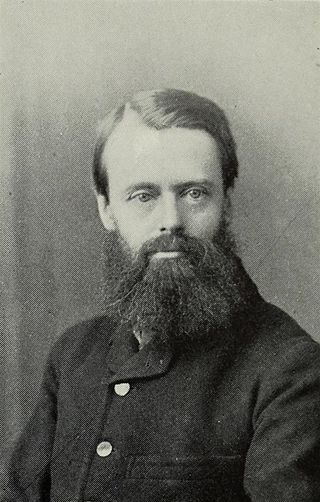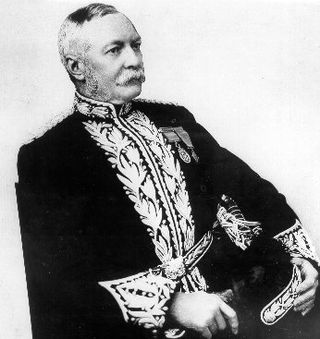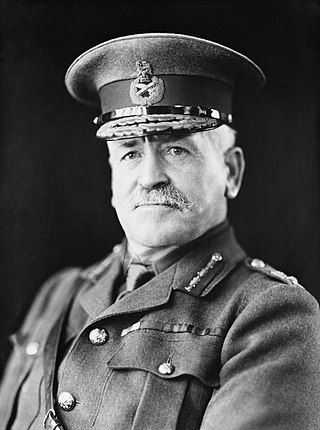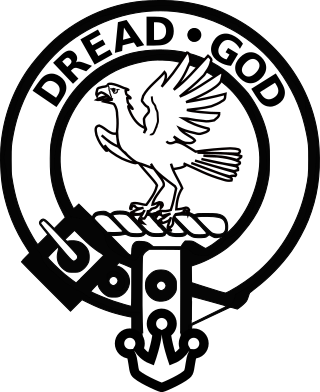
David Binning Monro, FBA was a Scottish Homeric scholar, Provost of Oriel College, Oxford, and Vice-Chancellor of Oxford University.
George Murray may refer to:

Sir Robert Anderson was the second Assistant Commissioner (Crime) of the London Metropolitan Police, from 1888 to 1901. He was also an intelligence officer, theologian and writer.
James Scott may refer to:

James Monro was a lawyer who became the first Assistant Commissioner (Crime) of the London Metropolitan Police and also served as Commissioner of Police of the Metropolis from 1888 to 1890.
Hector Munro or Monro may refer to:
Robert Monro, was a famous Scottish General, from the Clan Munro of Ross-shire, Scotland. He held command in the Swedish army under Gustavus Adolphus during Thirty Years' War. He also fought for the Scottish Covenanters during the Bishop's Wars in Scotland and commanded the Scottish Covenanter army during the Irish Confederate Wars. He was the author of a diary recounting his military experiences during the Thirty Years' War, published as Monro, His Expedition With the Worthy Scots Regiment Called Mac-Keys.

General Sir Charles Carmichael Monro, 1st Baronet, was a British Army General in the First World War. He held the post of Commander-in-Chief, India in 1916–1920. From 1923 to 1929 he was the Governor of Gibraltar.
David Davidson may refer to:
Monro is a surname, and may refer to:
Hogg is a Scottish, English or Irish surname.
Munro is a Scottish surname. It means "man from the River Roe" in County Londonderry, Northern Ireland. The surname is common in Ross-shire and other areas of northern Scotland; it also spread to Canada via emigration. Variant spellings of the same name include Monro, Monroe, Munroe, Munrow and Manrow.
Sir Robert Munro, 3rd Baronet of Foulis, 21st Baron and 24th chief of the Clan Munro was a 17th-century Scottish soldier and politician.
John or Johnny Orr may refer to:

The Whiggamore Raid was a march on Edinburgh by supporters of the Kirk faction of the Covenanters to take power from the Engagers whose army had recently been defeated by the English New Model Army at the Battle of Preston (1648).

The Munros of Auchinbowie are a distinguished branch of the Scottish, highland Clan Munro. From this family three Professors of Anatomy at the University of Edinburgh, Scotland were produced, as well as several other doctors and military officers.

Clan Munro is a Highland Scottish clan. Historically the clan was based in Easter Ross in the Scottish Highlands. Traditional origins of the clan give its founder as Donald Munro who came from the north of Ireland and settled in Scotland in the eleventh century, though its true founder may have lived much later. It is also a strong tradition that the Munro chiefs supported Robert the Bruce during the Wars of Scottish Independence. The first proven clan chief on record however is Robert de Munro who died in 1369; his father is mentioned but not named in a number of charters. The clan chiefs originally held land principally at Findon on the Black Isle but exchanged it in 1350 for Estirfowlys. Robert's son Hugh who died in 1425 was the first of the family to be styled "of Foulis", despite which clan genealogies describe him as 9th baron.

Description of the Western Isles of Scotland is the oldest known account of the Hebrides and the Islands of the Clyde, two chains of islands off the west coast of Scotland. The author was Donald Monro, a clergyman who used the title of "Dean of the Isles" and who lived through the Scottish Reformation. Monro wrote the original manuscript in 1549, although it was not published in any form until 1582 and was not widely available to the public in its original form until 1774. A more complete version, based on a late 17th-century manuscript written by Sir Robert Sibbald, was first published as late as 1961. Monro wrote in Scots and some of the descriptions are difficult for modern readers to render into English. Although Monro was criticised for publishing folklore and for omitting detail about the affairs of the churches in his diocese, Monro's Description is a valuable historical account and has reappeared in part or in whole in numerous publications, remaining one of the most widely quoted publications about the western islands of Scotland.
Events from the year 1836 in Scotland.
Capt. Sir David Monro of Allan was a Scottish police officer, who was Chief Inspector of Constabulary for Scotland from 1884 until 1904.
This page is based on this
Wikipedia article Text is available under the
CC BY-SA 4.0 license; additional terms may apply.
Images, videos and audio are available under their respective licenses.







